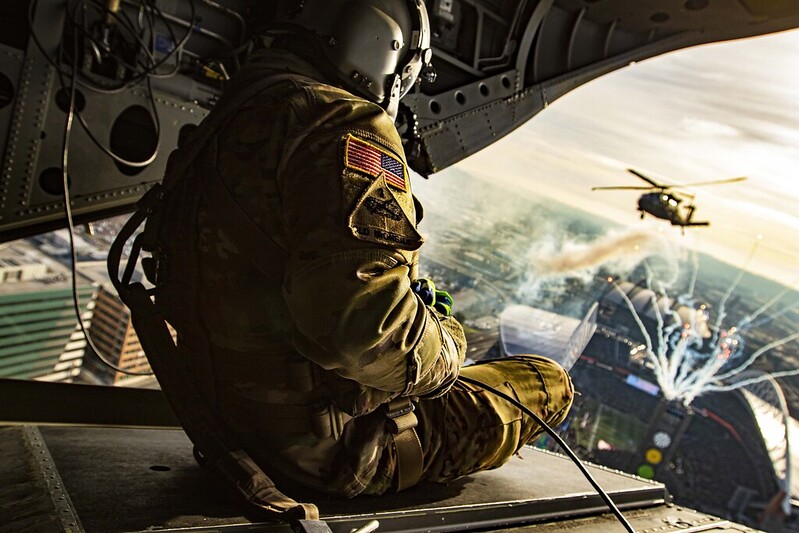

The U.S. Army is looking for the most innovative small business solutions in Artificial Intelligence, Machine Learning and Autonomy that will lead to more informed Army decision-making, facilitate autonomous operations, and increase the speed and scale of military action.
The Army Applied Small Business Innovation Research program released one Direct to Phase II contract opportunity with awards up to $1.7M and 18 months in duration and two Phase I contract opportunities with awards up to $250K and six months in duration. These new topics include:
This is the first set of opportunities in which one of the topics was curated under the Army Applied SBIR program’s Autonomy Transition Broker Team. Comprised of Army Soldiers, researchers, technologists and acquisition officers, the Transition Broker Teams use technology scouting to identify emerging capabilities from industry that can enhance current or future Army programs. The program has established teams for artificial Intelligence and machine learning, autonomy, climate change and energy resiliency, system monitoring and radar targeting sensors, and immersive and wearable technology.
“The Transition Broker Teams work to maximize opportunities for the transfer of cutting-edge technology to overcome Army challenges confronted by the Soldier,” said Dr. Matt Willis, director, Army Prize Competitions and Army Applied SBIR Program, in the Office of the Assistant Secretary of the Army for Acquisition, Logistics and Technology (ASA(ALT)). “The Autonomy team will focus on the various software and hardware components of autonomous systems, review new areas of technology as they arise, and identify whether they enhance and expedite Army programs and enable commercialization opportunities for small businesses.”
Qualified small businesses can now submit proposals through March 3 at noon EST. Full proposal packages must be submitted through the DSIP Portal. Additional information, including eligibility information and how to apply, can be found on the Army SBIR|STTR website.
“Small businesses are an excellent choice to execute innovative ideas for Army technical solutions,” said Bishoy Said, mechanical engineer, DEVCOM Armaments Center and technical point of contact for one of the topics. “A larger company may find it more difficult to produce a tailored or customized one-time product, whereas a smaller company may quickly pivot to execute with less barriers. Technologies developed under the topic, ‘Artificial Intelligence for Additive Manufacturing Part Selection,’ could provide a solution to the multi-faceted problem in the Army to increase AM capabilities. But to do this we need to identify AM part candidates, which takes extensive man hours to evaluate. However, if the process is automated and improved, we will be able to identify more high-value parts, while saving time and money.”
To capitalize on small-business innovation and respond to important Department of Defense and Army modernization and sustainment needs, the Army Applied SBIR program releases contract opportunities on an ad hoc, rolling basis. This flexibility and timeliness in responding to the Army’s emerging technology needs seeks to maximize the initial cash-flow for small businesses while minimizing the time to contract.
“Utilizing innovative small businesses allows the Army to solve complex problems by finding multiple solutions,” said Dr. Ralph Tillinghast, lab director, DEVCOM Armaments Center and TPOC. “Overall, the effort lays the foundation to ensure armament platform data is being strategically collected to impact the full acquisition lifecycle from training, situational awareness, battlefield decisions, research and development optimization, logistics and maintenance.”
